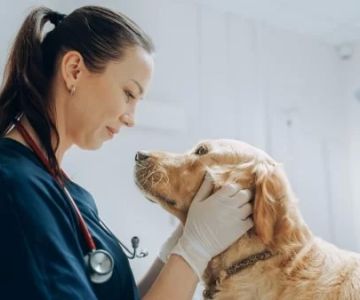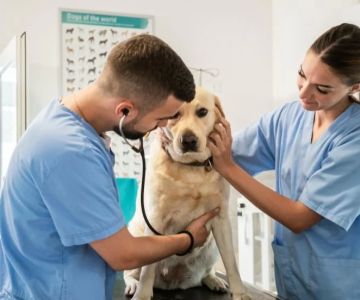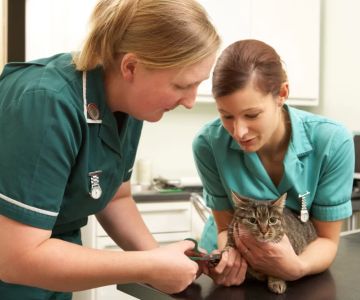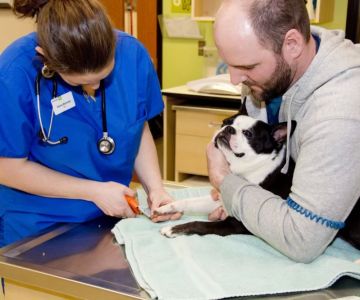- 1-Understanding-the-Veterinary-Profession
- 2-Educational-Requirements-for-Becoming-a-Veterinarian
- 3-Gaining-Relevant-Experience-and-Preparing-for-Vet-School
- 4-Applying-to-and-Succeeding-in-Veterinary-School
- 5-Licensing-and-Certification-Process
- 6-Career-Paths-and-Specializations-in-Veterinary-Medicine
- 7-Advice-and-Resources-for-Aspiring-Veterinarians
1. Understanding the Veterinary Profession
Becoming a veterinarian means dedicating yourself to the health and welfare of animals. The profession demands compassion, scientific knowledge, and problem-solving skills. Veterinarians diagnose and treat animal illnesses, perform surgeries, and advise pet owners on care and nutrition. Understanding the broad scope of veterinary medicine helps clarify the commitment and rewards of this career path.
2. Educational Requirements for Becoming a Veterinarian
The journey begins with obtaining a bachelor's degree, focusing on pre-veterinary courses such as biology, chemistry, and animal science. Following this, admission into an accredited veterinary school is necessary, which usually takes four years of rigorous study. The curriculum includes anatomy, physiology, pharmacology, and clinical rotations to provide hands-on experience with animals.
3. Gaining Relevant Experience and Preparing for Vet School
Volunteering or working in veterinary clinics, animal shelters, or research labs is invaluable. Such exposure not only strengthens your veterinary school application but also offers insight into the daily realities of the profession. Preparation for the Veterinary College Admission Test (VCAT) or Graduate Record Examination (GRE) is also essential, as these scores impact admissions decisions.
4. Applying to and Succeeding in Veterinary School
Applying to veterinary school is highly competitive, requiring strong academic records, recommendation letters, and demonstrated passion for animal care. Once admitted, students must excel in both theoretical knowledge and practical skills. Clinical rotations across diverse species help develop diagnostic and surgical proficiency necessary for future practice.
5. Licensing and Certification Process
After completing veterinary school, graduates must pass the North American Veterinary Licensing Examination (NAVLE) to legally practice. Some states or countries may require additional licensing or certification. Continuing education is vital to keep abreast of medical advances and maintain licensure throughout a veterinarian’s career.
6. Career Paths and Specializations in Veterinary Medicine
Veterinarians can pursue general practice or specialize in fields such as surgery, dermatology, cardiology, or exotic animal care. Opportunities also exist in research, public health, or veterinary education. Selecting a specialization often involves additional training or residencies, offering rewarding pathways tailored to your interests.
7. Advice and Resources for Aspiring Veterinarians
Success as a veterinarian requires dedication, resilience, and lifelong learning. Seek mentorship from practicing vets, join professional organizations, and use resources like pre-vet clubs and online forums. Planning your educational and career steps thoughtfully ensures you are well-prepared to thrive in this impactful profession. Explore trusted sites and platforms for the best products and services to support your veterinary journey.











